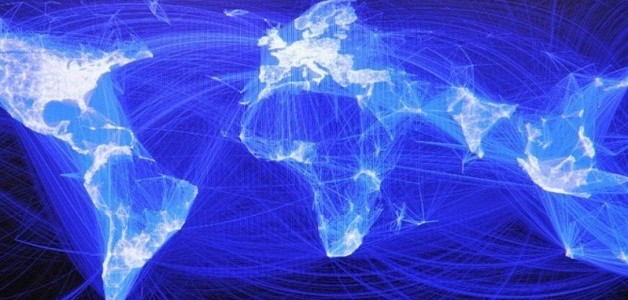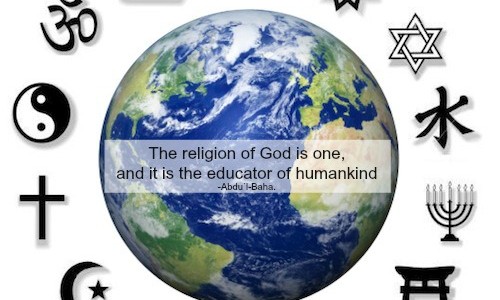The Baha’i World View



Universal Peace The teachings of Baha’u’llah are vast in their scope, exploring as they do such themes as the nature and purpose of Revelation, the inherent nobility of the human being, the cultivation of spiritual qualities, and humanity’s interactions with…

Quantum Reality~The Limitless Potential Within Everything Posted By sunshyne49 on March 9, 2016 Nobel Prize winning physicists have proven beyond doubt that the physical world is one large sea of energy that flashes into and out of being in milliseconds,…

Sue Emmel “People are noticing that change is in the air, but how many are aware of its Source?!” “The Call of God,” ‘Abdu’l-Bahá has written, “when raised, breathed a new life into the body of mankind, and infused a…

The religion of God is one, and it is the educator of humankind -Abdu’l-Baha Some of us think we do not need the manifestation of God to be spiritually connected. Thinking that each individual is capable…

How to Help People: A Unique Baha’i-Inspired Model David Langness • April 6, 2016 While the world of nature stands in need of development, man’s approach to such development must be tempered by moderation, a commitment to protecting the “heritage [of] future…